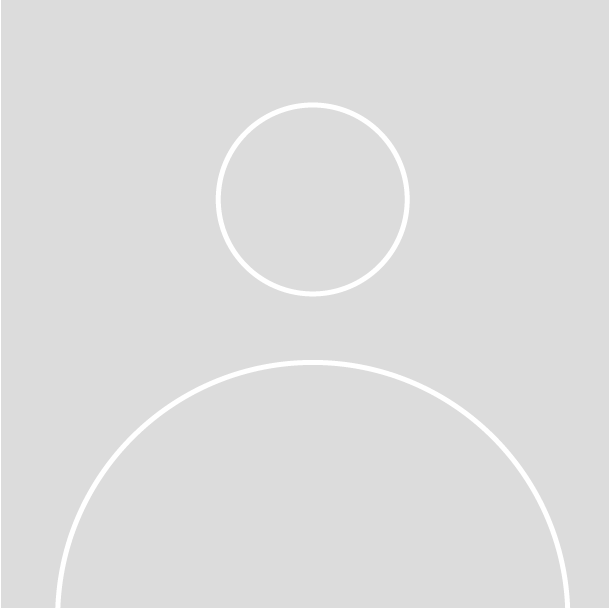-
15–17 May 2026 Introduction to Medical Acupuncture. Focus: Safe needling foundations and point location, upper body soft tissue skills. You’ll practise and master: Reliable point location using anatomical landmarks (hands-on, step-by-step) • Clean needle technique, safety, contraindications, and clinical decision-making • Core needling skills: angle, depth, stimulation, and patient comfort • Therapeutic massage (upper body): palpation skills, tissue assessment, basic treatment sequences
-
12–14 June 2026 Formulating Treatment Plans and Trigger Points. Focus: Clinical reasoning, treatment planning and myofascial trigger point introduction You’ll practise and master: • How to build effective acupuncture treatment plans (goals, point selection, dosage, progression) • Translating assessment findings into a structured, repeatable plan • Myofascial trigger points: identification, palpation, and integration with needling • Therapeutic massage (lower body): combining manual therapy and acupuncture in a coherent session
-
11–12 July 2026 Lower Limb, Lower Back, Neck and Shoulder: Assessment and Treatment Focus: Evidence-informed assessment and management for common MSK presentations You’ll practise and master: • Practical assessment frameworks (including red flags and clinical reasoning) • Selecting points and techniques for lower limb + spine-related presentations • Needle placement for key regions (lower back/hip, knee, ankle/foot, neck/shoulder) • Treatment progression across acute vs chronic pain presentations
-
15–16 August 2026 Upper Limb Disorders and Case Presentation Focus: Upper limb assessment and management, and supervised case-based practice You’ll practise and master: • Assessment and treatment approaches for upper limb pain and dysfunction • Region-specific needling strategies (shoulder, elbow, forearm, wrist/hand) • Case presentation skills: clinical reasoning, documentation, and communication • Supervised practical sessions with real-world clinical decision-making
-
12–13 September 2026 Professional Cupping Therapy and Electroacupuncture Focus: Expanding your toolkit for pain modulation and tissue-based conditions You’ll practise and master: • Safe and effective cupping: indications, contraindications, dosing, and technique selection • Electroacupuncture fundamentals: parameters, safety, and clinical application • Integrating cupping/EA into treatment plans for MSK pain and recovery • Practical sessions emphasising confidence, safety, and clinical outcomes
-
10–11 October 2026 Auricular Acupuncture and Clinical Practice Focus: Ear acupuncture for rapid, practical clinical application and consolidation You’ll practise and master: • Auricular point location, ear anatomy, and treatment strategies • When and how to use auricular approaches alongside body acupuncture • Practical clinic-style sessions to consolidate skills and decision-making • Building complete sessions: assessment, treatment selection, aftercare



